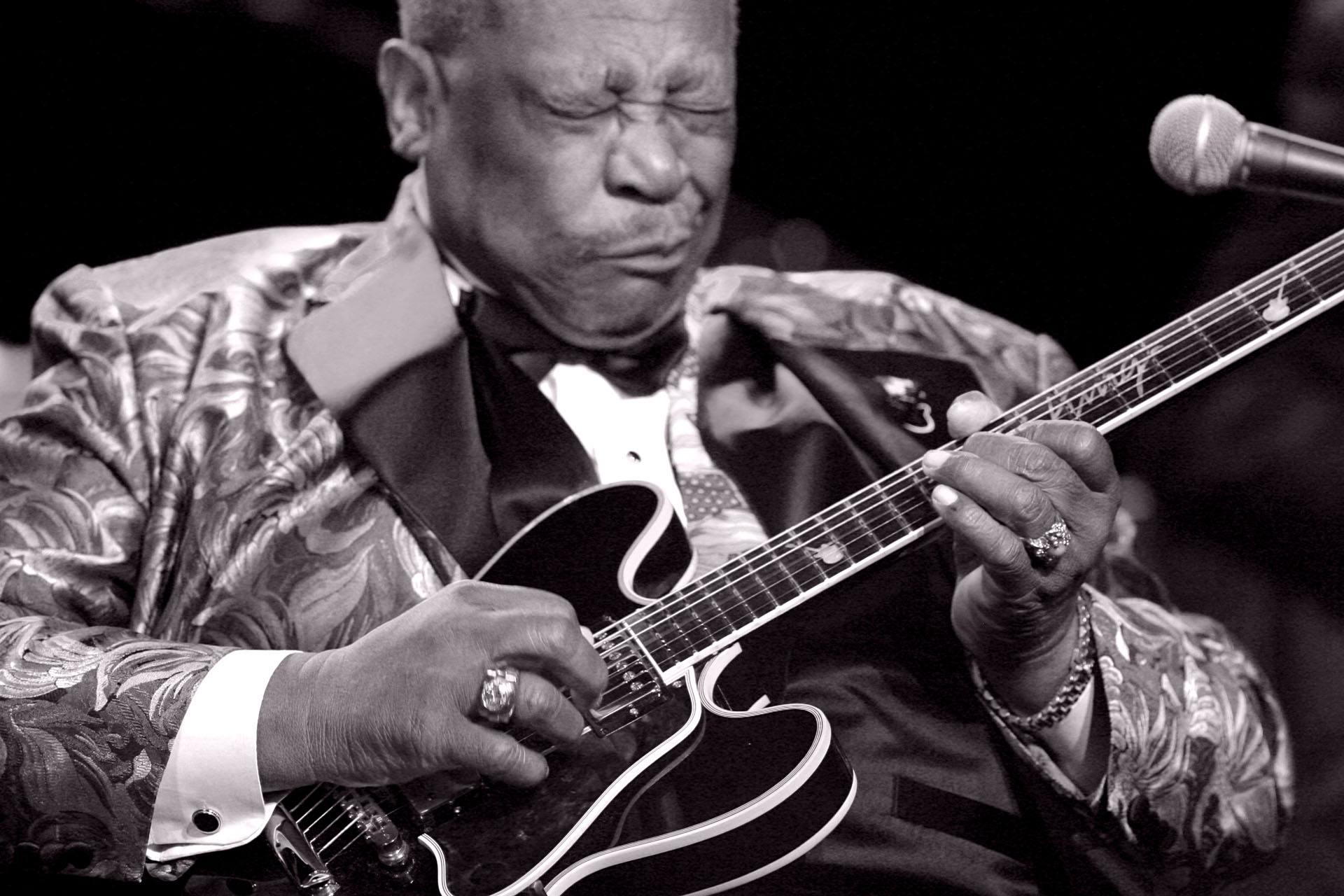5 tips to rule at musical improvisation
Being able to improvise convincingly is a telltale mark of having mastered a musical instrument. You have probably seen your favorite players lose themselves into awesome solos they made up on the spot, and of course you want to do this too! But the road to learning improvisation can be tough and confusing.
Luckily, Drooble users have a little roadmap with 5 useful tips for adventurers like you. Take the advice and, no matter what instrument you play, those improvisational skills will flourish!
1. Sing in your head first
Viktor Georgiev gives out the age-old technique you can pick up from most music teachers. Sing what you play! If you can’t do it with your voice, sing it in your head. This builds a connection between your inner musical ear and the instrument, eventually letting you play what you hear on the spot – from simple melodies or progressions to challenging licks that demand technical ability.
Whatever it is, if you can immediately play the stuff you hear in your head, you will be a powerful improviser with an edge over so many players who throw in and work around canned material like intervals and scalar runs.
2. Don’t overplay!
Jeremy Titor gives out a blunt, no-nonsense advice. Play as few notes as possible – no more, no less. This “economy of notes” concept can be interpreted in some ways, but it always leads to better music that’s more interesting and captivating. You can try expressing yourself with just a few chosen notes. Maybe even restrict yourself to a single note and twist it into whatever shape your instrument allows.
If you are going for fast, “shredding” phrases, try eliminating any non-essential stuff until you end up with just the right notes and nothing else is needed. This way, it will sound like a musical idea being expressed, not incoherent “rambling” with an instrument. It’s simple, but powerful advice that you should keep in mind during composing and improvising.
3. Transcribe tunes and solos
Asen Mihailov shares a wonderful tip that immensely helped many musicians hone their skills. Heard a cool piece of music? Make it your own! Sit down with the song/section and your instrument, then play & rewind and keep trying to nail the part until you make it! If you know notation, transcribe it on the staff as well. Then, if you know at least a bit of theory, analyze the music to understand why it works and you like it so much. Then make something new and uniquely yours using what you just learned!
Don’t forget to transcribe tunes and solos written for instruments other than the one you play as well. So many jazz guitar players share anecdotes about learning their trade playing trumpet licks, you may be surprised at their competence in brass!
4. Eliminate distractions to focus on the music
Martin Valins has a powerful bit of advice about getting rid of distractions. As you improvise and immerse yourself into the musical activity, anything which dilutes your focus is a distraction that should be eliminated – or, if that’s impossible – not paid any attention to. Focus your mind and ears on the music, but then again, do not overthink things or engage in any random thoughts or worries. Only then will you be able to fully tap into your consciousness and extract the musical gems buried within.
5. Keep playing and practicing
Tony Way‘s advice is right on the money – keep playing, practicing, improvising over backing tracks you created yourself or downloaded from the Internet; trying to follow chord progressions with your melody lines and arpeggios. All that good stuff!
In the beginning, it can be very tough, but as time and effort fly by, this musicality actually becomes intuitive and you feel very comfortable expressing yourself with a musical instrument. Practicing isn’t always enjoyable, but it needs to be done – and if you put your mind to it, you will find ways to make practicing a fun activity!




